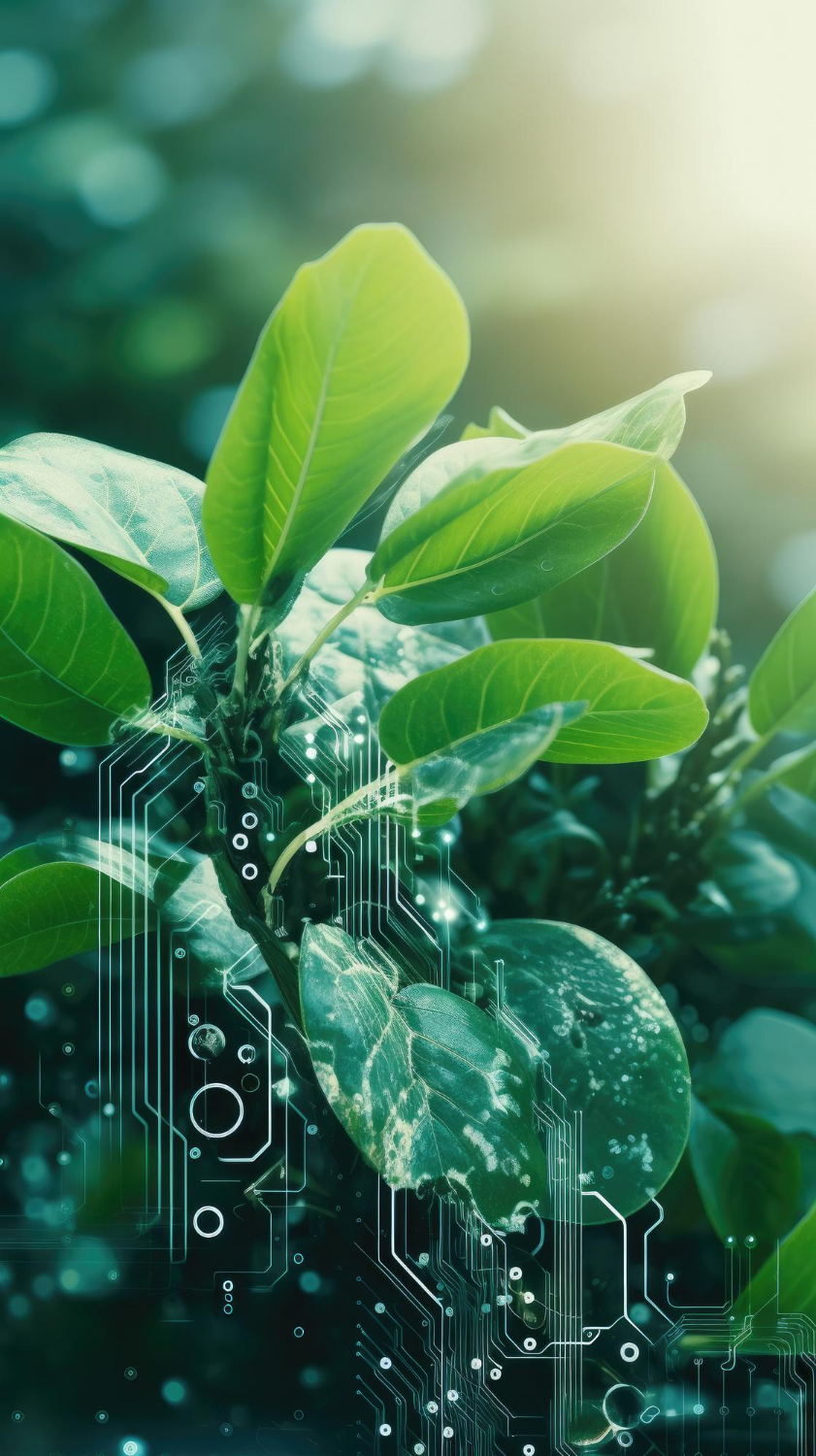The Future of Organic in a Tech-Driven World
Discover the future of organic in a tech-driven world. Learn how technology is reshaping organic farming, production, and accessibility, ensuring a sustainable future for all.
The Future of Organic in a Tech-Driven World
1. Precision Agriculture Enhancing Efficiency
- Why It Matters: Advanced tools allow organic farmers to optimize resources while maintaining sustainability.
- How It Works:
- Drones monitor soil health, water levels, and crop conditions in real time.
- GPS technology helps farmers plant and harvest with pinpoint accuracy, reducing waste.
- Example: Precision irrigation systems reduce water usage in organic farms, conserving this vital resource.
2. Blockchain for Transparency and Trust
- Why It Matters: Consumers want to know the origins and authenticity of their organic products.
- How It Helps:
- Blockchain technology tracks products from farm to shelf, ensuring transparency.
- Eliminates greenwashing by verifying certifications and farming practices.
- Example: A blockchain-enabled app lets users trace organic coffee back to the farm where it was grown.
3. Biotech Solutions for Natural Farming
- Why It Matters: Natural alternatives to synthetic chemicals are essential for organic integrity.
- How It Works:
- Biotech innovations develop bio-pesticides and fertilizers that are eco-friendly and effective.
- Advances in plant genetics promote stronger, pest-resistant organic crops.
- Example: Using natural enzymes to boost soil fertility aligns with organic principles while increasing yields.
4. E-Commerce Revolutionizing Access
- Why It Matters: Technology makes organic products more accessible to consumers worldwide.
- How It Transforms Shopping:
- Online platforms offer a wide range of organic options, often with subscription services for convenience.
- Digital marketplaces connect consumers directly with organic farmers and brands.
- Example: Organic meal kits delivered to your door ensure fresh, sustainable meals with minimal effort.
5. Artificial Intelligence in Sustainability
- Why It Matters: AI analyzes data to improve farming efficiency and reduce waste.
- How It Contributes:
- Predicts weather patterns to help farmers plan planting and harvesting schedules.
- Monitors pest activity, enabling timely and precise organic interventions.
- Example: AI-powered sensors alert farmers to soil deficiencies, guiding organic fertilization practices.
The Intersection of Technology and Organic Principles
- Transparency: Blockchain and AI ensure traceability and authenticity for consumers.
- Efficiency: Precision tools optimize organic farming processes, conserving resources.
- Accessibility: E-commerce platforms bring organic products to more households.
How to Support the Tech-Driven Organic Movement
- Choose Traceable Products: Opt for brands that embrace blockchain technology for transparency.
- Shop Online: Explore e-commerce platforms offering certified organic products.
- Stay Informed: Follow advancements in organic farming and technology integration.
- Support Innovations: Purchase from companies using AI, drones, or other sustainable tech solutions.
- Advocate for Change: Share the benefits of tech-enhanced organic living with your community.
Furthermore, check the Temple of Organic Skincare Products for a complete range of natural
beauty solutions. Discover the power of nature with our offerings and elevate your self-care
experience!

